
Chemical Laboratory Technician
Other denominations
Description
Chemical Laboratory Technicians work on the design and synthesis of compounds (organic, inorganic and bioorganic). Use manual synthesis techniques and automatic synthesizers, chemical characterization, chromatographic (GC/MS, HPLC, HPLC/MS) and spectroscopic (NMR) techniques, advanced purification and optimization methods, solid phase microextraction (SPME), and electronic sensors, as well as other chemical synthesis processes derived from new scientific advances or the development of instrumental analysis.
Often, their work is aimed at carrying out physical, chemical and microbiological analysis and tests of samples from quality control, production, or registry studies, in addition to collaborating in the development and improvement of analytical methods to reduce response time or increase the quality of results.
This professional profile can be found both in the process of drug discovery developing research in the field of combinational chemistry and automatic screening techniques (HTS, High Throughput Screening) in order to obtain new materials (e.g. superconductors), developing phytosanitary products, pigments, polymers and catalysts; as well as in companies dedicated to the perfumery and cosmetics sector that focus their research activities on sensory analysis and their knowledge of raw materials and aromatic substances.
Tasks
- Select and control the laboratory equipment and instruments necessary to carry out the tests. In collaboration with information technology specialists, ensure the connection between the instruments and the data collection systems.
- Control the raw materials and the reagents that arrive at the laboratory, obtaining the corresponding certificates of analysis from the supplying companies.
- May prepare chemical solutions for use in materials processing, following standard formulas or experimental procedures.
- Carry out combinatorial synthesis for internal or external R&D projects in an environment of good laboratory practices.
- Take part in the design, synthesis, characterization, mass purification and quality control of chemical products, applying the appropriate technique in each case: synthesis systems, high performance liquid chromatography mass spectrometry (HLPC/MS), ultraviolet-visible spectrophotometry (UV-VIS) or chromatographic techniques, among others.
- Perform the dissolution, aliquotation and weighing of the final products and oversee removing organic solvents from series of compounds using specific evaporators.
- Evaluate product composition in order to select production standards and ensure subsequent formulation adjustment and finishing work.
- Document all production incidents and keep a record of all the data collected during the process.
- Calculate the yields obtained during the synthesis and participate in solving the problems that appear during the process.
- Participate in the management of laboratory waste, and in the cleaning and maintenance of equipment and facilities.
- Take part in the design and optimization of organic processes, using parallel synthesis equipment applied in order to obtain new synthetic routes and work methodologies.
- Work closely with the people responsible for the study or project in order to identify opportunities for high-performance methodologies, interacting with teams from other disciplines, such as medical chemistry, biology, and computational chemistry.










 | Catalan | Beginner
| Catalan | Beginner | English | Advanced
| English | Advanced
 Open
Open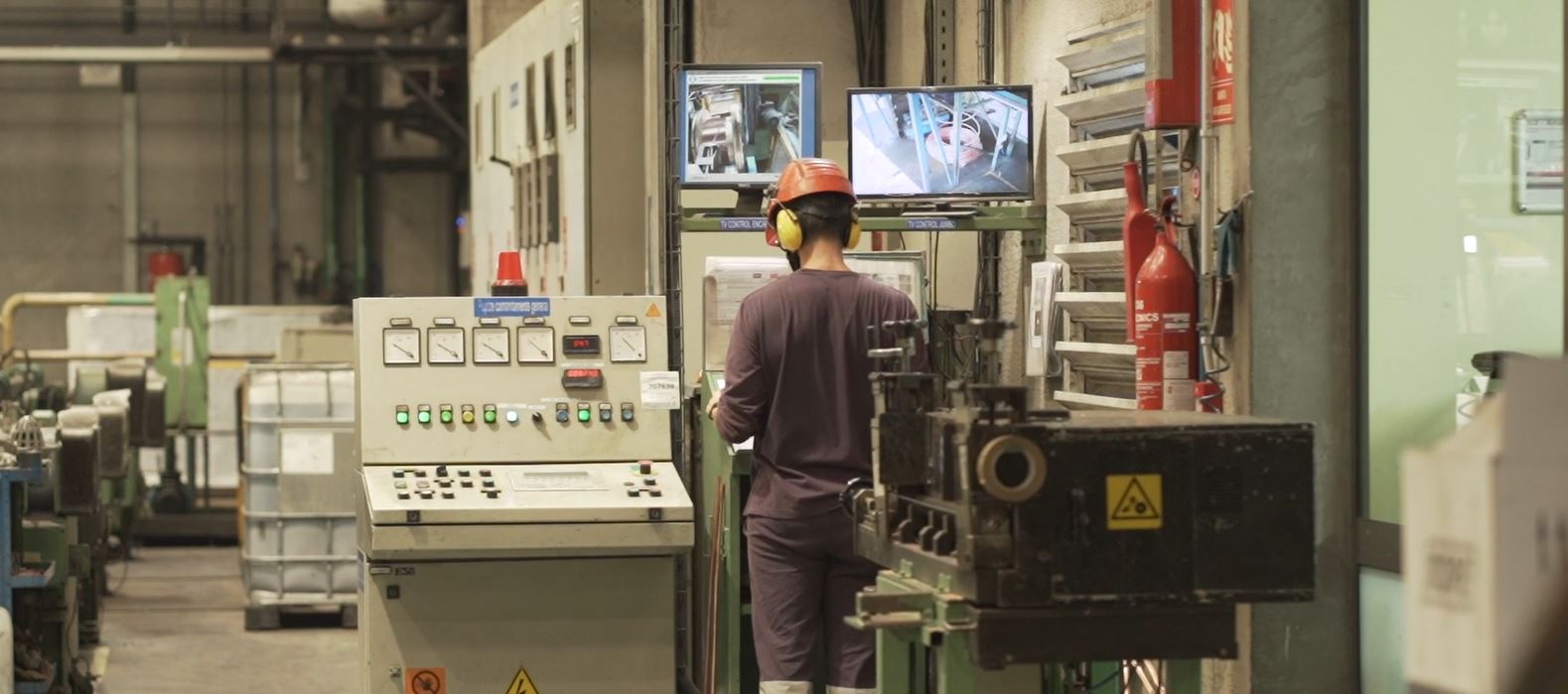
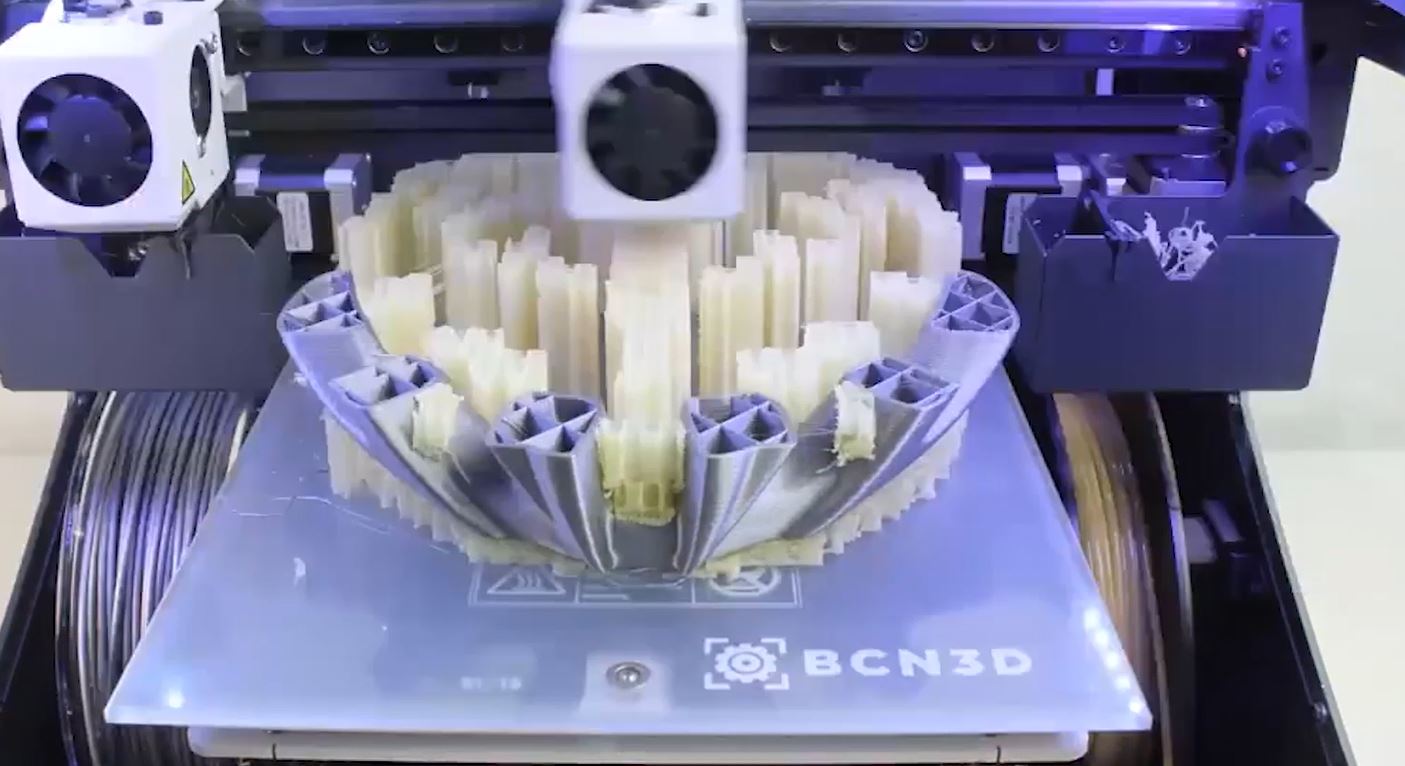
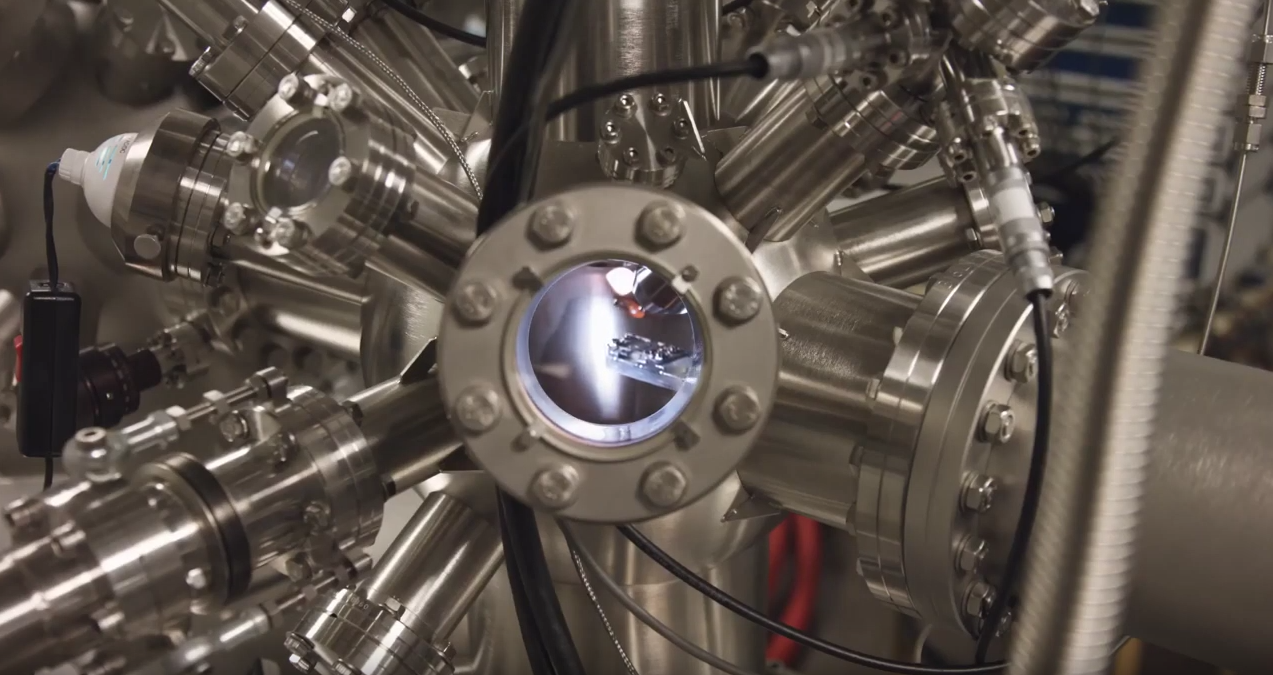
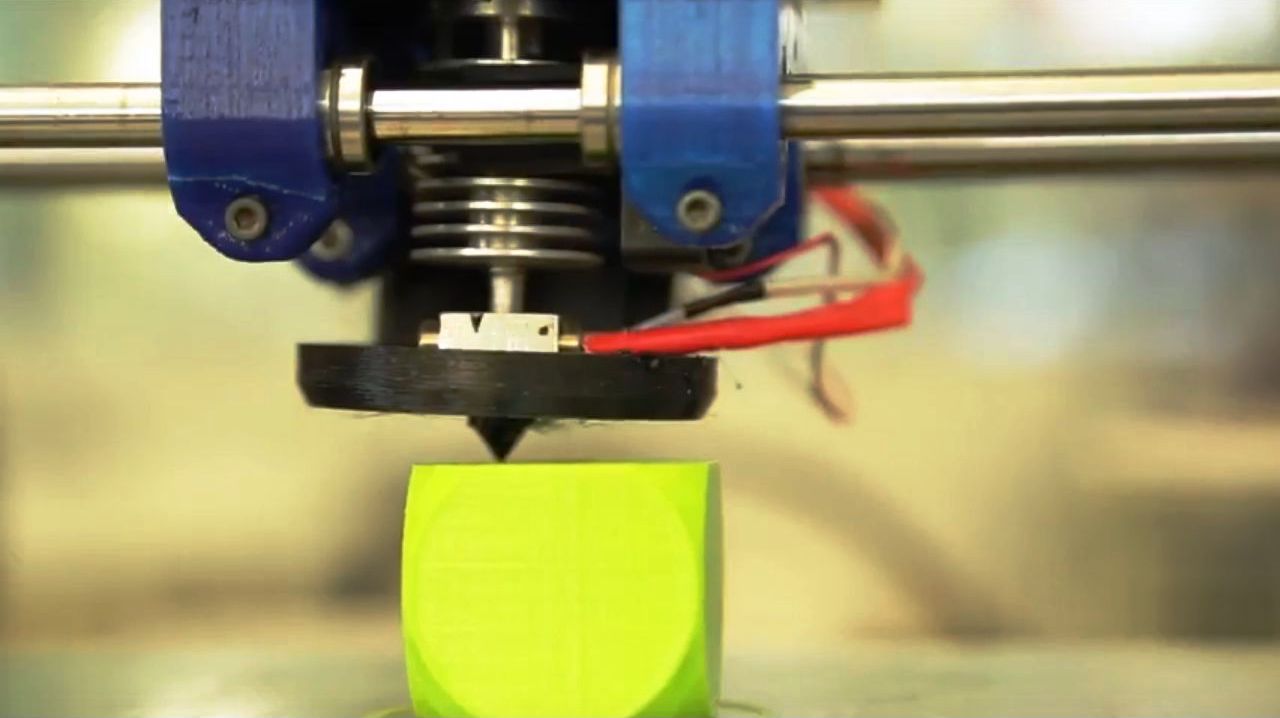
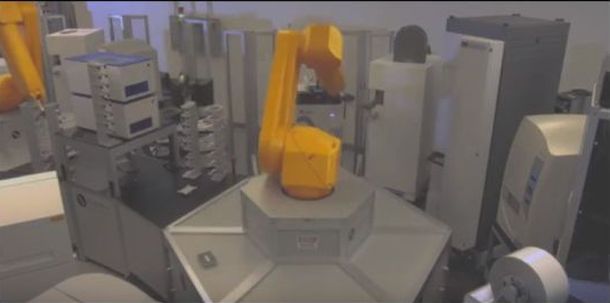
 | Catalan | Advanced
| Catalan | Advanced




